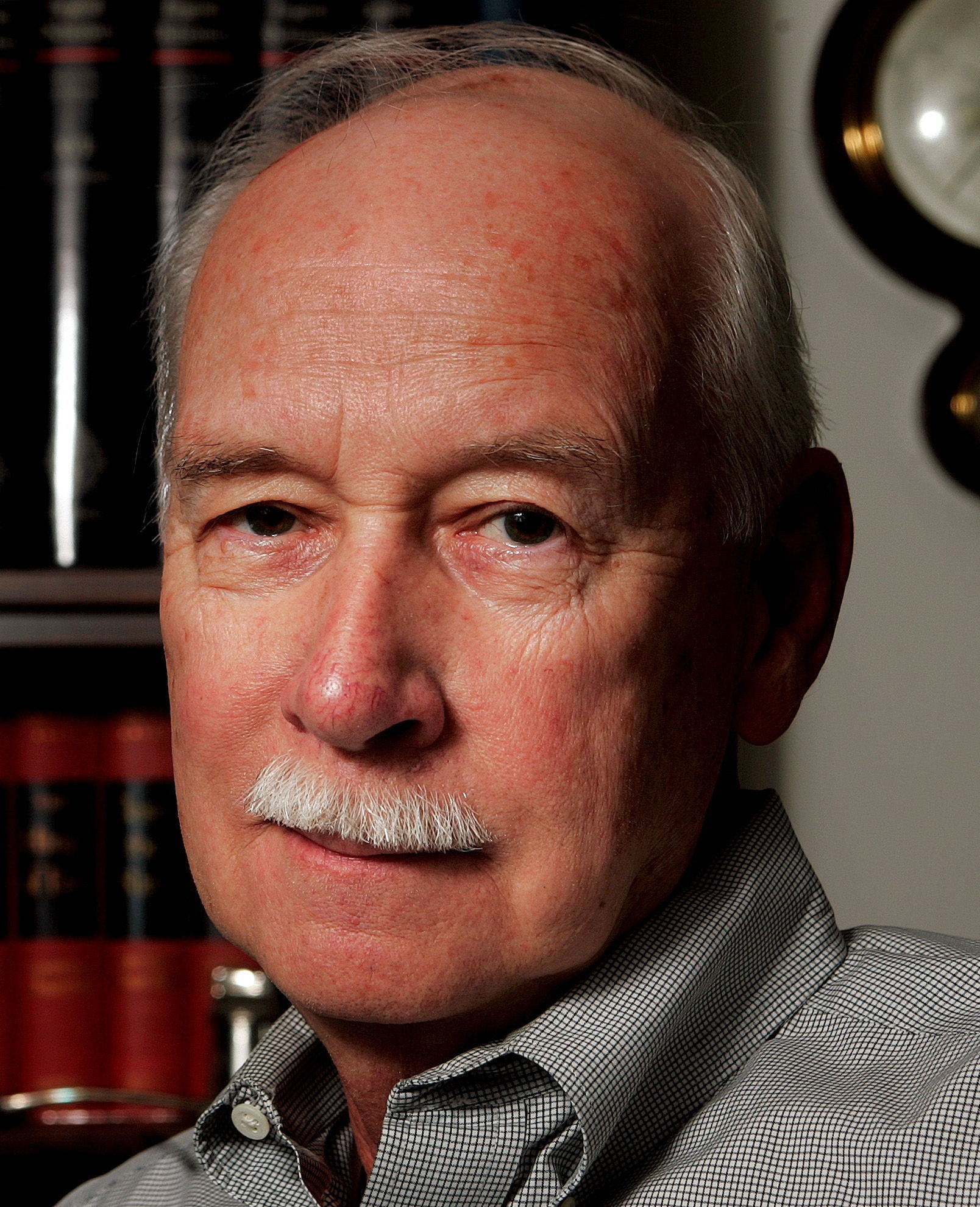In all likelihood, Donald Trump’s flop-flipping, double reverse on the issue of H-1B visas didn’t count as a major gaffe, partly because he admitted right off that he was changing his mind as he thought about the problem.
It all began with a question about the H-1B foreign worker program during the televised Republican debate in Detroit. The people who have the time and inclination to measure and record such things report that it took presidential candidate Trump just 64 minutes to reverse his stance on H-1B visas. Subsequently, he recanted that statement, too, and went back to his original position, although it was modified to include the elimination of the program’s abuses.
The other reason why it won’t count against candidate Trump is that it is not an issue that resonates broadly with the public. H-1B doesn’t mean much to most of us… until we lose our job to someone imported from overseas to replace us. Not all of us get to suffer the shameful task of training our lower-wage replacements, as happened at Disney World and at Southern California Edison, but almost no one goes through an imported worker job loss without considerable frustration and resentment.
Candidate Trump’s uncertainty about his footing on this issue is understandable. The H-1B program was originally designed as a simple way to allow foreign individuals with scientific skills that were in short supply come to the U.S. on a special visa that would allow them to work. Over time, though, the simple program became entangled in social, economic and educational issues that have policy decisions far more complicated than a yes-no decision. And that is before the abuses are thrown into the mix.
Economic questions sometimes include social dimensions such as, “should the wife or husband of an H-1B visa worker be allowed to work, too?” And they also involved market and legal issues such as “how should employers determine that a job cannot be filled by an U.S. worker? “
Anecdotally, it appears that the appeal of the H-1B workers goes beyond the incentive of the wage differential. These workers are a better fit into the new business model of temporary, project-based employment. They also are generally easier to manage, with more realistic expectations and fewer workplace demands.
There is no official data on how many H-1B workers are currently in our labor force, but it is clearly large enough to have a significant economic impact. Many of the problems associated with the program appear to stem from abuses rather than the program’s design, but with no enforcement of H-1B standards the abuses become standard themselves.
In that regard, candidate Ted Cruz’s idea for a 180-day suspension of issuance of H-1B visas while conducting an audit and investigation of the program makes a lot of sense. Given the normal lead time for projects and hiring, the 180-day suspension would be very disruptive to our economy, though, and probably not necessary to insure a thorough audit and investigation, which is the important part of the proposal.
From a broader economic perspective, the persistence and rapid growth of the H-1B visa program should probably be viewed as a valuable “sentinel species.” Like the canary in a coal mine whose sickness warned miners of toxic gasses, especially the odorless carbon monoxide, our need for imported skilled workers should be warning us about our educational system and about our society.
The H-1B program was originally thought of as a temporary measure to solve a temporary problem. A quarter-century later and H1B has become a permanent fixture of our economy and our society — and we are importing more and more workers all the time.
Something is clearly going wrong if our spectacularly expensive education system cannot deliver enough skilled workers to fill open jobs in our economy. Part of the problem, though, is identifying the cause. It is not absolutely clear, for example, whether the imported worker skills make a positive contribution to productivity or drag it down. Like they say in accounting, it depends.
Some believe that the program is being kept alive by powerful corporate employers who want access to lower-wage, skilled workers. Others believe that our K-12 and college systems are not producing enough graduates with the skills and the work ethic that can match the foreign imports. And some believe that there is a disconnect between our educational system and the reality of today’s workplaces.
Sentinel species warn of serious problems and the H-1B program is doing just that. We need to get to the bottom of the skills gap before we end up outsourcing and importing so much that we’re left to wonder whatever happened to our productive, dynamic American economy and our way of life.
James McCusker is a Bothell economist, educator and consultant. He also writes a column for the monthly Herald Business Journal.
Talk to us
> Give us your news tips.
> Send us a letter to the editor.
> More Herald contact information.

























